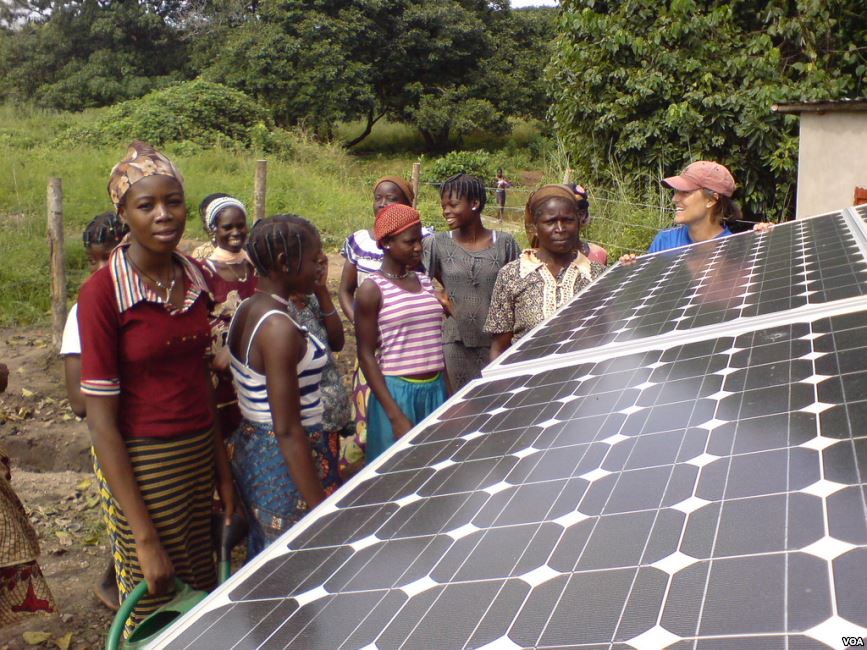This material belongs to: Vanguard.
Nigeria has lost a whooping N11 trillion to corruption in the power sector since 1999, a university lecturer, Dr Yemi Oke, said on Wednesday in Lagos.
Oke, a lecturer at the Department of Jurisprudence and International Law, University of Lagos, said at a media launch of a report on the power sector, regretted that with the trillions allegedly invested in the sector, the country has yet to enjoy uninterrupted power supply.
Newsmen reports that the report entitled: “From Darkness to Darkness: How Nigerians Are Paying the Price for the Electricity Sector”, was produced by the Socio-Economic Rights and Accountability Project (SERAP) with support from MacArthur Foundation.
Oke noted that the much-celebrated power sector reform was yet to yield the desired results as majority of Nigerians were still in darkness.
He said :“The total estimated financial loss to Nigeria from corruption in the electricity sector starting from the return to democracy in 1999 till date is over N11 trillion.
“This represents public funds, private equity and social investment (or divestment) in the power sector.”
“It is estimated that it may reach over N20 trillion in the next decade given the rate of government investment and funding in the power sector amidst dwindling economic fortunes and recurrent revenue shortfalls.”
According to Oke, preliminary findings show that corruption in the power sector is caused by weak regulations, institutional decay, top-down model of electricity governance and corrupt officials.
He said it was also caused by state monopoly, state controlled electricity governance model and lack of decentralised energy options.
Oke said the inability of the government to bring those who have perpetrated various scams in the sector to justice had continued to create a culture of impunity.
The don, therefore, urged the anti-graft agencies to reinforce the prosecution of such persons.
He also urged the Federal Government to revisit the privatisation process as well as review the Electric Sector Power Reforms Act 2005 which, according to him, is at variance with the 1999 Constitution.
Also speaking, a human rights lawyer, Mr Femi Falana (SAN), urged SERAP to challenge the provisions of the Act in court and also use the Freedom of Information Act to ask questions on the privatisation process.
He called on state governments to initiate process of generating and distributing their own power, adding that electricity must be decentralised for the country to make progress.
On his part, the Executive Director, SERAP, Mr Adetokunbo Mumuni, said Nigerians were paying the price for corruption in the power sector in a multi-dimensional way.
Apart from being forced to provide their own electricity, Mumuni said Nigerians were also subjected to crazy billing by the electricity distribution companies on monthly basis.
“Small-scale businesses and industries are closing down everywhere and it is due to corruption in the sector. Our organisation is pained by what is contained in the report and we are also pained that publicly known corruption acts in the power sector have not been dealt with.”
 info@anticorr.media
info@anticorr.media

